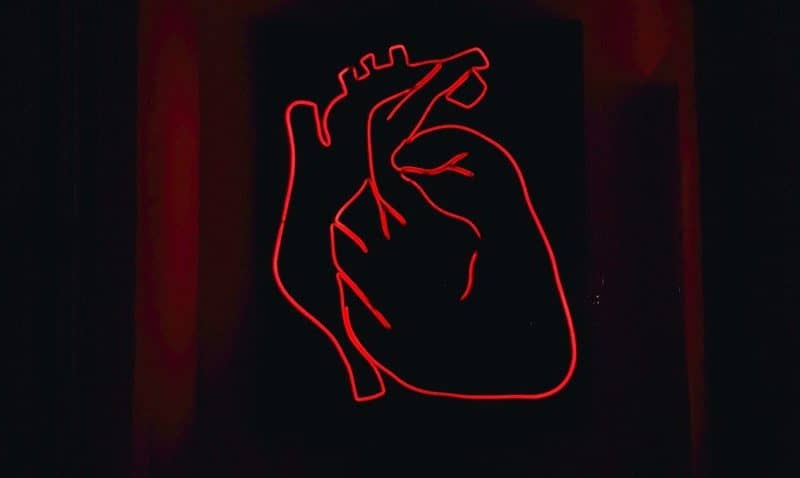Cytokinetics’ heart failure treatment has no impact on improving exercise capacity, according to a phase 3 trial.
The results are the latest in the history of omecamtiv mecarbil, which is currently being considered by the FDA for treating heart failure with reduced ejection fraction, or HFrEF. That application, which was accepted by the agency earlier this month, was based on an earlier phase 3 trial that found the drug reduced heart failure events. The agency is slated to make a decision Nov. 30.
In the most recent trial, omecamtiv mecarbil did not beat placebo at improving cardiopulmonary exercise testing after 20 weeks of treatment in patients with HFrEF, Cytokinetics said Tuesday. The phase 3 trial, dubbed Meteoric-HF, enrolled 276 patients.
The results sent the company’s shares down nearly 7% to $37.53 apiece, as of 1:24 p.m. ET on Tuesday.
Heart muscle does not contract as it should in this particular heart failure condition in which oxygen-rich blood runs into roadblocks getting to the rest of the body. The company thought that better exercise capacity could potentially improve cardiac functioning.
The failure follows the much larger, 8,000 patient phase 3 study that met its primary goal of reducing heart failure events and keeping patients out of the hospital. That trial, named Galactic-HF, formed the basis for Cytokinetics’ request to the FDA for an approval.
The Galactic trial results, released in November 2020, were not enough to keep 14-year collaborator Amgen on board, though. The pharma was displeased that the med didn’t help patients live longer, a secondary goal of the trial, and dropped out of the tie-up in May 2021.
Since then, Cytokinetics inked a $50 million deal with Ji Xing Pharmaceuticals to commercialize the drug in China, should it get approved. The South San Francisco biotech followed up weeks later with a $450 million worldwide partner in Royalty Pharma in January.
“These neutral results from Meteoric-HF may provide new insights into the role of cardiac function in determining exercise capacity relative to other potential contributors such as skeletal muscle dysfunction,” said Fady Malik, M.D., Ph.D., EVP of R&D at Cytokinetics, in a statement.
The small molecule drug, a cardiac myosin activator, led to similar adverse events as the sham drug. Cytokinetics classified this as “major cardiac events” without going into further detail. The biotech will present more data from the trial on April 3 at the American College of Cardiology Annual Scientific Session & Expo.

